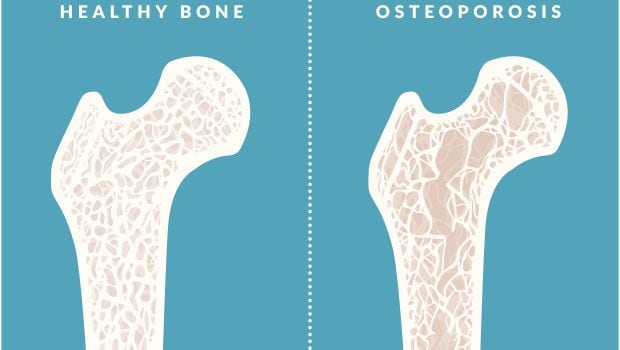 Did you know: Osteoporosis causes more than 8.9 million fractures annually across the world, resulting in an osteoporotic fracture every 3 seconds?
Did you know: Osteoporosis causes more than 8.9 million fractures annually across the world, resulting in an osteoporotic fracture every 3 seconds?
Dr. Manoj K. Ahuja, Fortis Hospital says, “Osteoporosis literally means porous bones. It is a disease wherein the density and quality of bones are reduced. As the bones become more fragile and porous, the risk of fracture increases. The loss of bone occurs progressively, and yet silently. More often than not, there are no symptoms until the first fracture occurs”.
“For people suffering from osteoporosis, bone loss outpaces the growth of new bone. Bones become brittle, porous and prone to fracture”, says Dr. Supriya Bali, Internal Medicine, Max Hospital, Saket. So, what causes osteoporosis?
Osteoporosis is associated with a set of factors including depletion in bone mass and density as a result of ageing, previous injuries, genetic inheritance, family history of osteoporosis, and arthritis. Women (especially those who have hit menopause) are more susceptible to this condition, as they often fall prey to the deficiency of calcium and vitamin D.
“Worldwide, 1 in 3 women over the age of 50 will experience osteoporotic fractures, as will 1 in 5 men aged over 50. Osteoporosis is estimated to affect 200 million women worldwide – approximately one-tenth of women aged 60, one-fifth of women aged 70, two-fifths of women aged 80 and two-thirds of women aged 90. Overall, 61% of osteoporotic fractures occur in women, with a female-to-male ratio of 1.6”, according to the International Osteoporosis Foundation.
The Role of Nutrition in Osteoporosis
Nutrition and osteoporosis are closely linked. Thus, it is important to learn about the foods that are rich in vitamin D, calcium and other nutrients to boost your bone health. “Good nutrition is also an important part of a successful rehabilitation program in patients who have had an osteoporotic fracture”, according to the International Osteoporosis Foundation.
“The food that you eat affects your bones, so you must make healthier food choices every day and eat a well-balanced diet with plenty of dairy, fish, fruits and vegetables to get enough of the nutrients your body needs”, says Dr. Manoj K. Ahuja, Fortis Hospital.
What Should You Eat?
According to the National Osteoporosis Foundation, you must eat dairy product such as low-fat and non-fat milk, yogurt and cheese, fatty varieties of fish such as salmon, mackerel, tuna and sardines, fruits and vegetables including collard greens, turnip greens, kale, okra, brussels sprouts, Chinese cabbage, dandelion greens, mustard greens, broccoli, spinach, beet greens, artichokes, plantains, potatoes, sweet potatoes, papaya, oranges, bananas, pineapples, papaya, prunes, red peppers, green peppers, grapefruits, strawberries and papaya. Recent research has also found that olive oil, soy beans, blueberries and foods rich in omega-3s such as fish oil and flaxseed oil may also have bone boosting benefits.
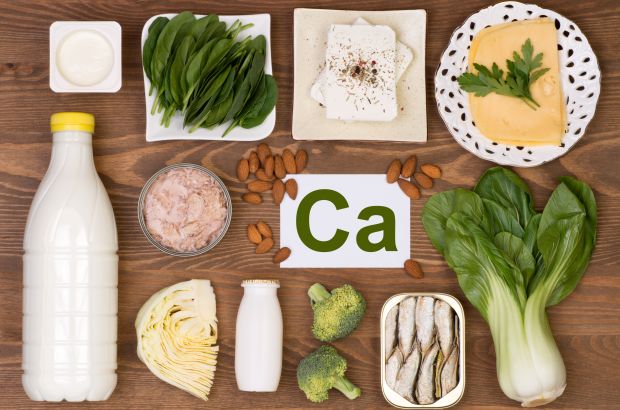
Foods That Can Lead to Bone Loss
The following foods can cause your body to lose calcium and result in bone loss, according to the National Osteoporosis Foundation:
1. Alcohol: Drinking heavily can lead to bone loss.
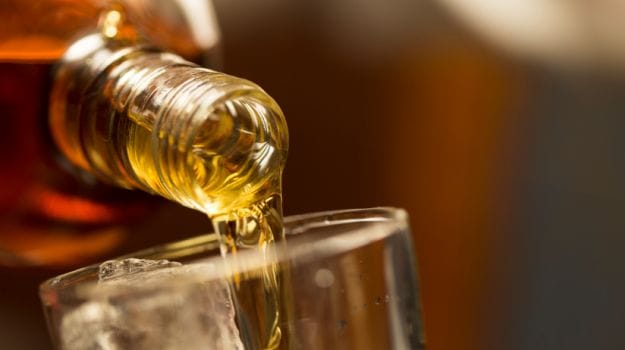
2. Caffeine: Coffee, tea and colas may decrease calcium absorption and contribute to bone loss.
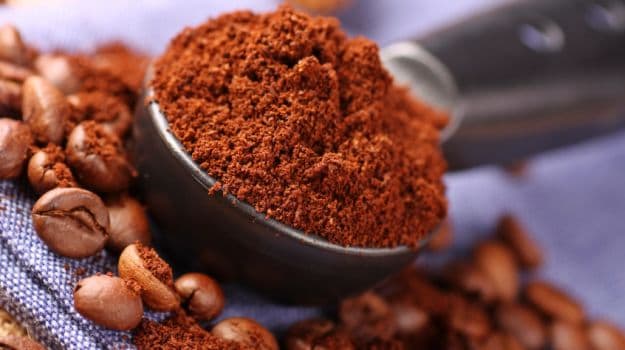
3. Beans (Legumes): While pinto beans, navy beans and peas contain calcium, they are also high in substances called phytates which interfere with your body’s ability to absorb the calcium present in beans. Tip: To reduce the phytate level, soak beans in water for several hours and then cook them in fresh water.
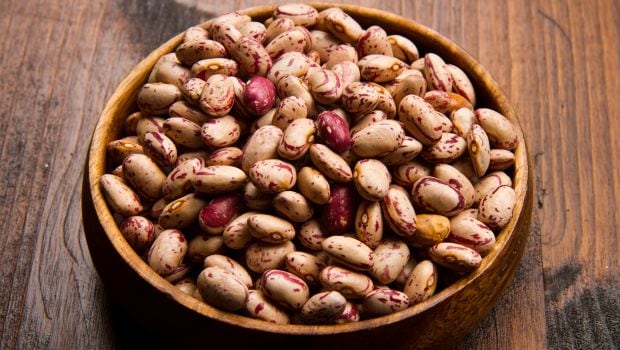
4. Wheat Bran: Like beans, wheat bran contains high levels of phytates as well. But unlike beans, 100% wheat bran is the only food that appears to reduce the absorption of calcium in other foods eaten at the same time. For instance, if you have milk and 100% wheat bran cereal together, your body can absorb some, but not all, of the calcium from the milk. However, the wheat bran in other foods like bread is much less concentrated and does not have a noticeable impact on calcium absorption.
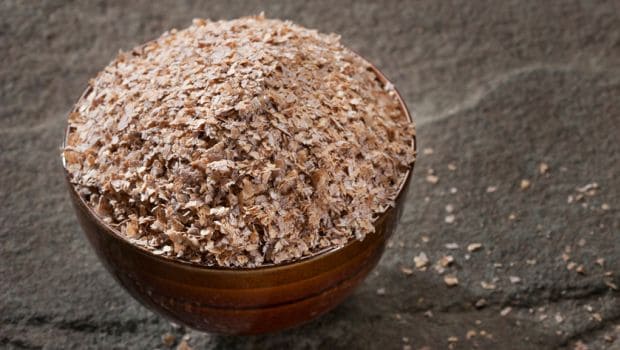
5. Salty Foods: Eating foods that have a lot of salt (sodium) causes your body to lose calcium. So limit the amount of processed foods, canned foods and salt intake each day.
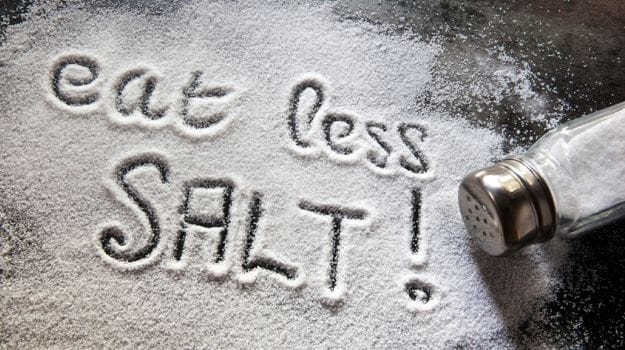
6. Meat and Other High Protein Foods: It’s important to get enough protein, but not too much. Many older adults do not get enough protein in their diets and this may be harmful to their bones. However, special high protein diets which contain multiple servings of meat and protein can also cause the body to lose calcium. You can make up for this loss by getting enough calcium from dairy products as they are high in protein, but also contain calcium which is important for healthy bones.










